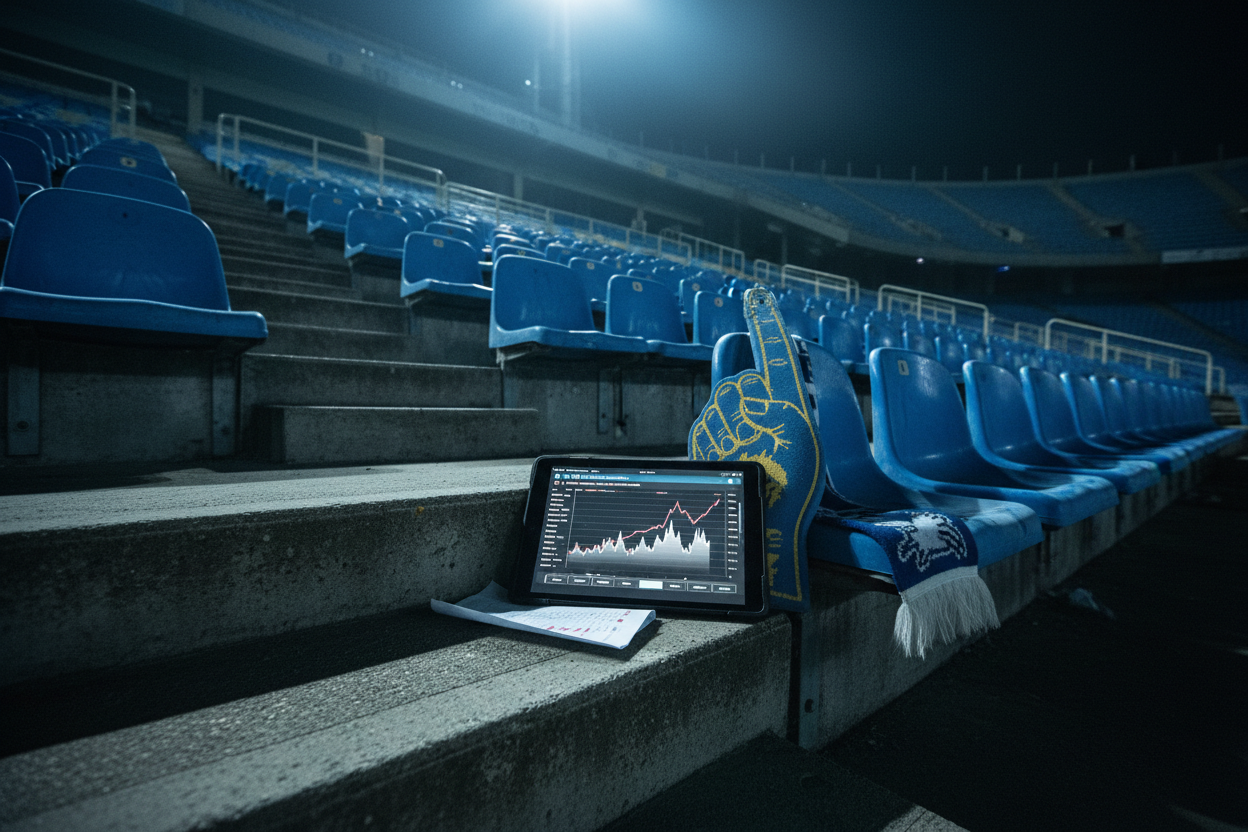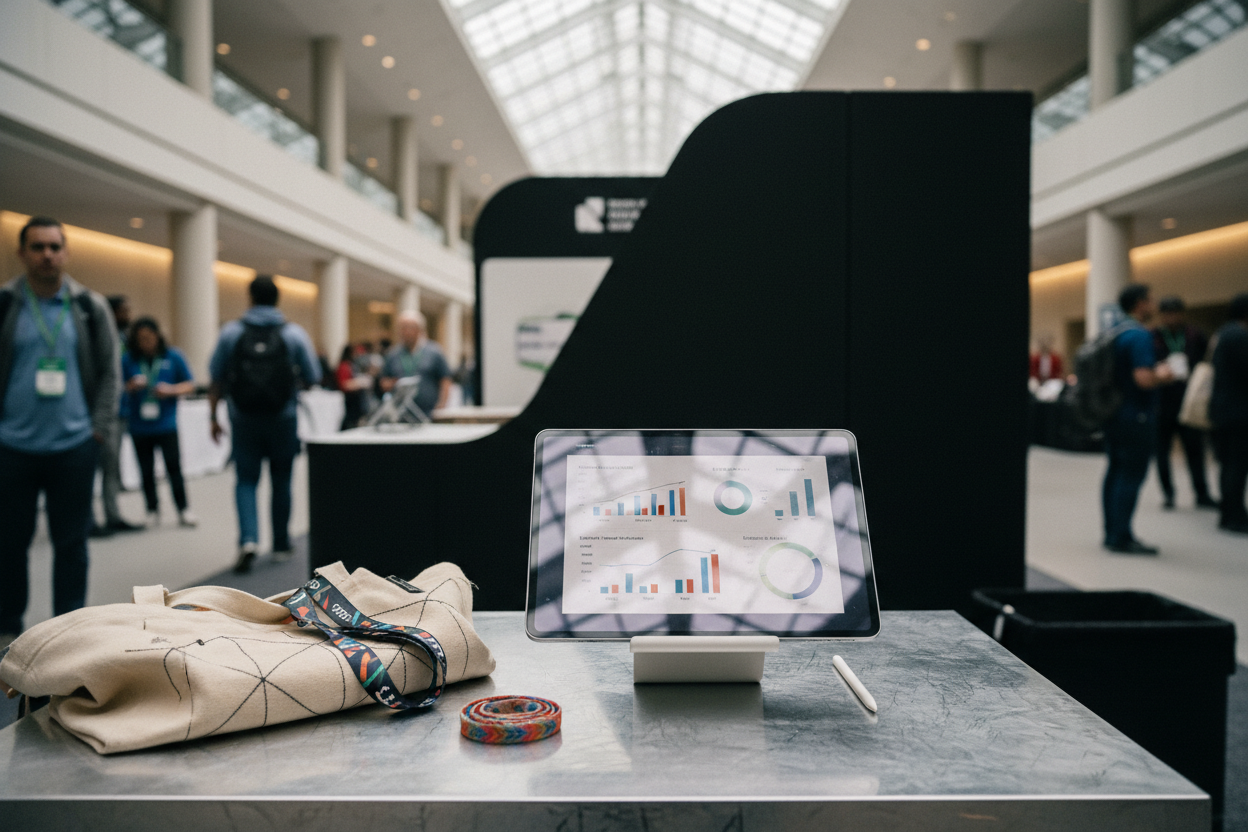How Blockchain-Powered Prediction Markets Are Transforming Sports Betting in 2024

In 2024, the world of sports betting is being fundamentally reshaped by blockchain-powered prediction markets. This isn’t just a technological upgrade – it’s a seismic shift in how fans, traders, and crypto enthusiasts engage with real-world outcomes. Decentralized platforms are breaking down barriers, offering new levels of transparency, efficiency, and global access that legacy sportsbooks simply can’t match.

The Rise of Blockchain Sports Betting Platforms
Let’s talk numbers. In 2024, giants like Polymarket and Kalshi have become household names among savvy bettors. Polymarket, running on the Polygon blockchain, processed a staggering $8.4 billion in wagers during the U. S. presidential election cycle alone – and that momentum has spilled directly into sports markets. Meanwhile, Kalshi’s CFTC-regulated contracts have captured an impressive 62.2% market share, with weekly trading volumes topping $500 million and open interest averaging $189 million.
This isn’t just hype – it’s data-driven disruption. The reason? Blockchain sports betting delivers what traditional bookmakers can’t: provable fairness via smart contracts, instant settlements, and a censorship-resistant framework that appeals to the next generation of punters.
Mainstream Adoption Accelerates: Partnerships and Regulatory Milestones
The line between crypto-native prediction markets and mainstream platforms is blurring fast. In March 2025, Robinhood rolled out a prediction market hub (powered by Kalshi) within its app – letting millions of users trade on everything from NCAA basketball to macroeconomic policy moves. Not to be outdone, Crypto. com partnered with Underdog to launch sports prediction markets in 16 U. S. states, making decentralized betting accessible to both seasoned traders and casual fans.
Top Blockchain Sports Prediction Platforms in 2024
-
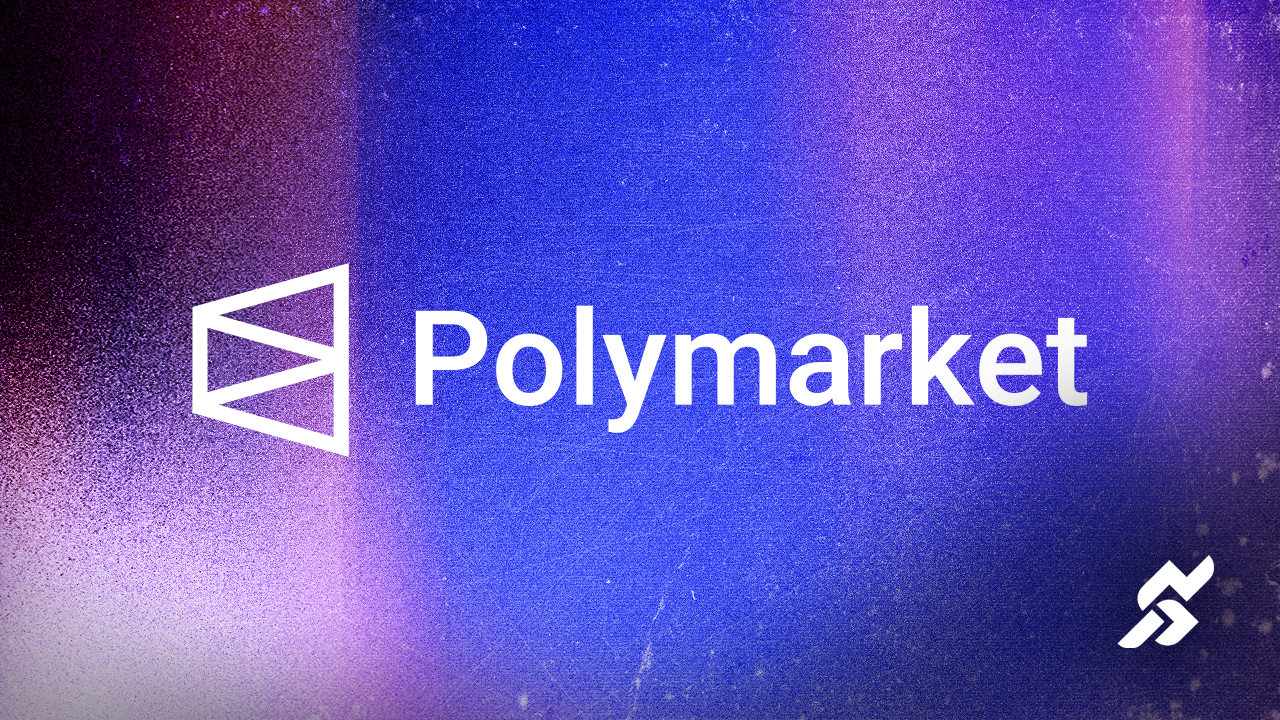
Polymarket – The world’s largest blockchain-powered prediction market, Polymarket processed over $8.4 billion in wagers in 2024. Built on the Polygon blockchain, it offers a wide range of sports and event markets with transparent, decentralized trading. Recent moves to re-enter the U.S. market via QCX acquisition position Polymarket as a major disruptor to traditional sportsbooks.
-
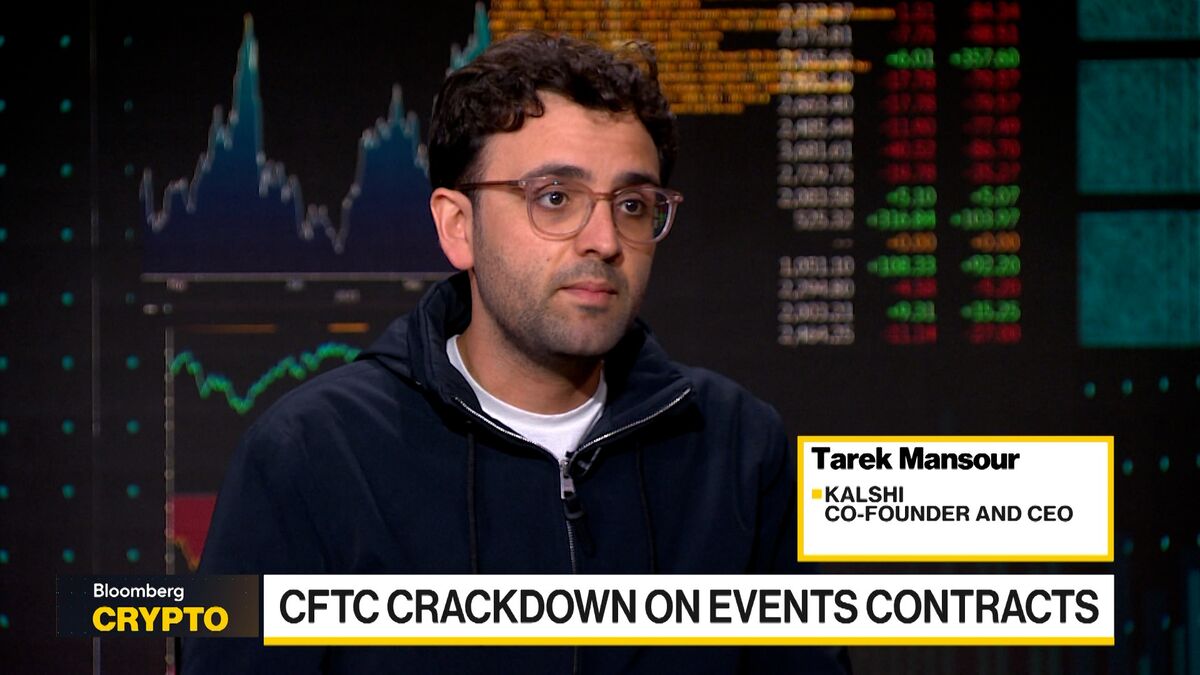
Kalshi – As the first CFTC-regulated prediction market in the U.S., Kalshi captured a 62.2% market share in 2024, with weekly trading volumes over $500 million. Its sports contracts, especially for football, account for over 70% of activity, offering U.S. users compliant, trusted access to sports prediction markets.
-
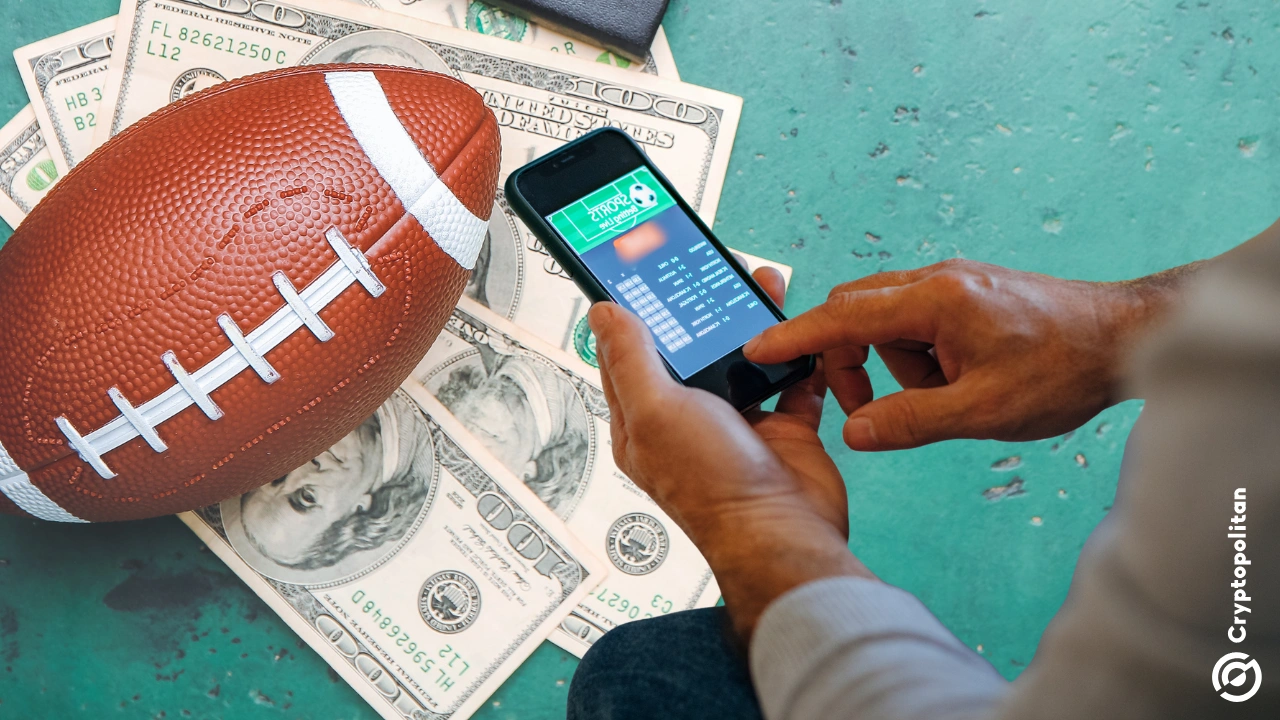
Crypto.com x Underdog – In a groundbreaking 2024 partnership, Crypto.com and Underdog launched blockchain-powered sports prediction markets across 16 U.S. states. This collaboration bridges crypto with mainstream sports gaming, letting fans trade game outcomes in real time on a secure, user-friendly platform.
-

Robinhood Prediction Markets (powered by Kalshi) – In March 2025, Robinhood integrated a prediction markets hub into its app, initially focusing on major sporting events like college basketball. Leveraging Kalshi’s infrastructure, Robinhood brought decentralized sports prediction to its massive user base, despite facing regulatory scrutiny for its innovative approach.
This wave of adoption hasn’t gone unnoticed by regulators. The U. S. Commodity Futures Trading Commission (CFTC) is actively debating whether event contracts for sports outcomes should be classified as gambling or financial instruments – a distinction that could set the tone for global regulation going forward.
Why Prediction Markets Win: Transparency and Efficiency Redefined
The secret sauce behind this revolution is blockchain’s ability to create transparent, trustless environments where every bet is recorded immutably on-chain. No more backroom odds manipulation or delayed payouts; instead, users get fast settlements at low fees thanks to automated smart contracts.
This paradigm shift has led to explosive growth: By 2025, the global sports betting market is projected to surpass $83.65 billion, with crypto-driven prediction markets accounting for an ever-larger slice of that pie (see how blockchain prediction markets are disrupting sports betting here). For many bettors burned by legacy operators’ opaque practices or limited withdrawal options, decentralized platforms offer a breath of fresh air, and serious upside potential.
The Power Players Shaping Decentralized Sports Betting
- Polymarket: Leading the charge with billions in volume and innovative event categories spanning politics and pro sports alike.
- Kalshi: Setting regulatory precedents as the first CFTC-approved market for trading on real-world events, especially football contracts dominating over 70% of their activity.
- Crypto. com and Underdog: Expanding access by integrating crypto-native wagering directly into mainstream gaming ecosystems across multiple states.
This new era isn’t just about speculation, it’s about empowering users worldwide to monetize their knowledge while benefiting from bulletproof transparency and lightning-fast execution only possible through blockchain technology.
But the real story is in the user experience. For the first time, bettors and traders can verify odds, payouts, and market movements in real time, no need to trust a central bookie or wait days for withdrawals. Every transaction is visible on-chain, and smart contracts handle settlements instantly once results are finalized. This frictionless model has not only attracted seasoned crypto traders but also a wave of sports fans eager to test their edge in a transparent marketplace.
The convergence of blockchain sports betting and traditional finance is also driving innovation at breakneck speed. Robinhood’s integration of prediction markets, for example, signals a new era where event contracts sit alongside stocks and options in mainstream portfolios. Meanwhile, compliance-focused platforms like Kalshi are actively shaping regulatory frameworks that could pave the way for global adoption, turning what was once a gray area into a legitimate asset class.
What Sets Blockchain Prediction Markets Apart?
Let’s break down why decentralized sports betting is winning hearts (and wallets):
Top Advantages of Blockchain Prediction Markets
-

Enhanced Transparency: Every bet and transaction is recorded on the blockchain, enabling real-time auditability and reducing the risk of manipulation. Platforms like Polymarket lead the way with transparent, immutable records.
-
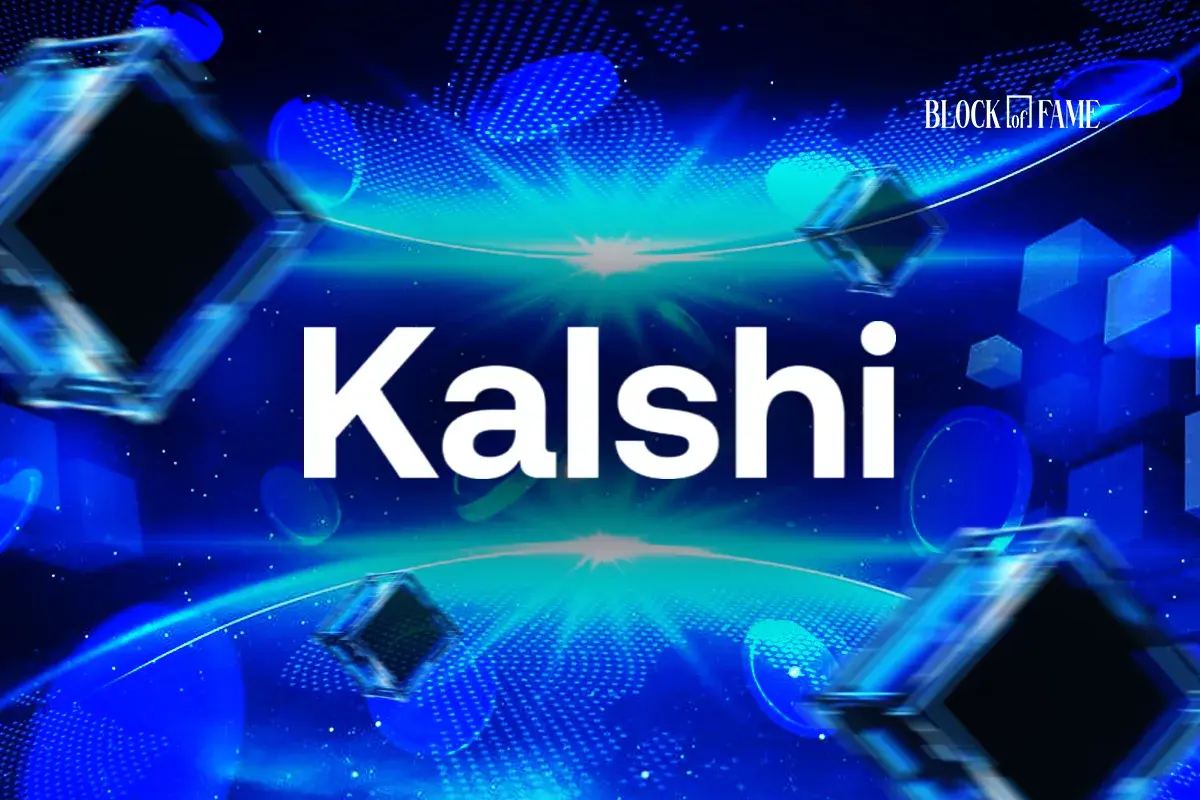
Lower Fees and Better Payouts: By removing intermediaries, blockchain-powered markets like Kalshi offer reduced fees and more competitive odds, maximizing user returns compared to traditional sportsbooks.
-
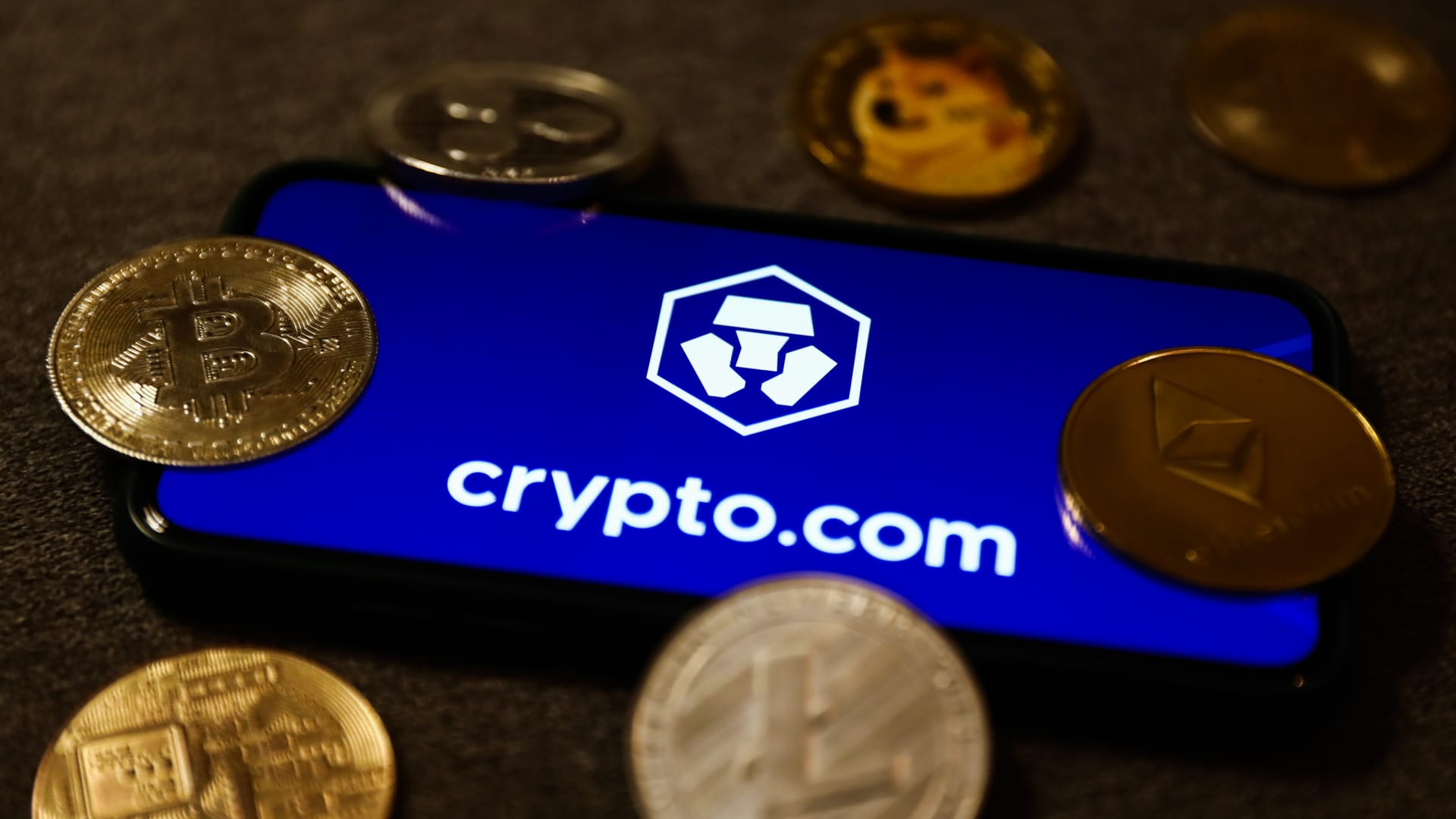
Global Accessibility: Decentralized platforms allow users worldwide to participate, bypassing geographic restrictions common in traditional betting. The Crypto.com x Underdog partnership now brings prediction markets to 16 U.S. states, expanding access for millions.
-

Regulatory Innovation: Platforms like Kalshi operate under CFTC regulation, distinguishing event contracts from gambling and offering a compliant, innovative alternative to legacy sportsbooks.
-
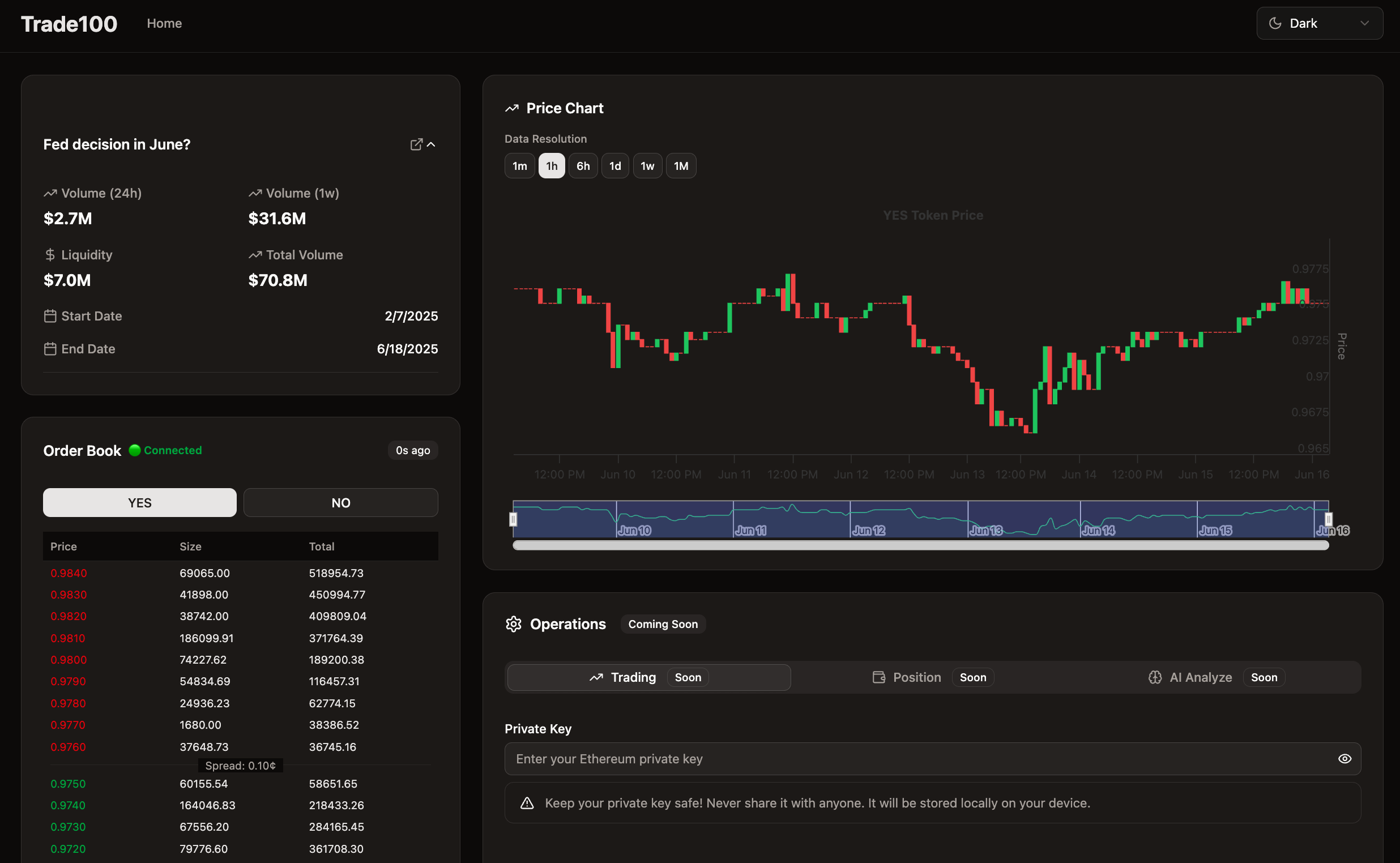
Real-Time Trading and Liquidity: Blockchain prediction markets enable instant trading of event outcomes, with high liquidity during major events—Polymarket processed over $8.4 billion in wagers in 2024 alone.
-
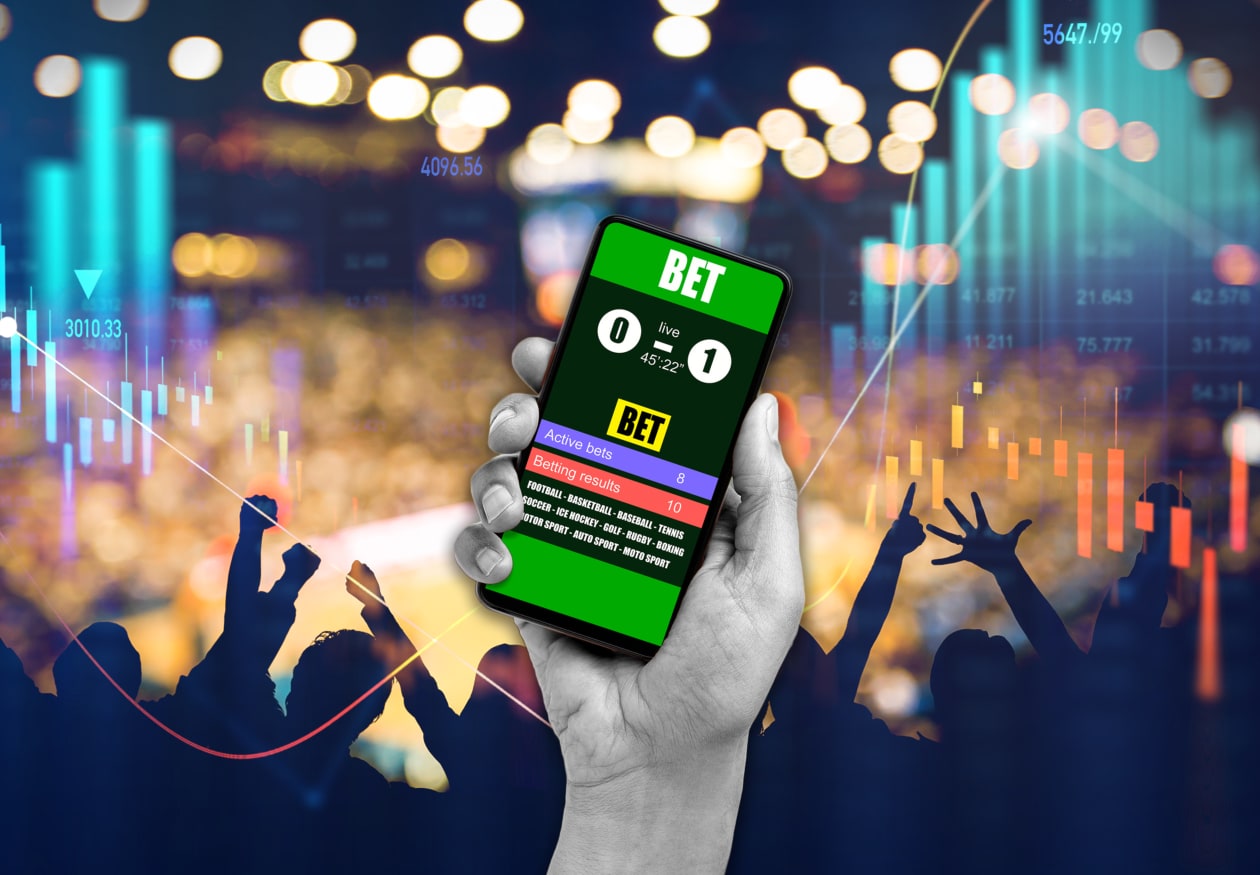
Immutable Results and Secure Payouts: Smart contracts automate bet settlement, ensuring tamper-proof results and immediate payouts without relying on centralized operators.
Transparency: Every wager is recorded on an immutable ledger, making it impossible for operators to fudge outcomes or manipulate odds behind closed doors.
Global Access: No matter where you live, be it New York or Nairobi, you can participate in global liquidity pools without jumping through hoops or facing arbitrary restrictions.
Lower Fees and Instant Payouts: Automated smart contracts eliminate middlemen and slash costs. Winners get paid out seconds after the final whistle.
Diverse Markets: Platforms like Polymarket let users bet on everything from NBA playoffs to election outcomes and even crypto price swings, creating endless opportunities for informed traders.
The Road Ahead: Regulation, Expansion, and Next-Level Utility
The next twelve months will be decisive. As U. S. regulators weigh whether event contracts should be classified as gambling or financial derivatives, platforms are racing to prove their legitimacy and consumer protections. The CFTC’s ongoing dialogue with Kalshi, and Polymarket’s recent acquisition of QCX to re-enter the U. S.: are setting critical precedents that could open doors worldwide.
If history is any guide, user demand will keep pushing innovation forward regardless of regulatory speed bumps. The $83.65 billion global sports betting market isn’t just growing, it’s evolving at warp speed thanks to blockchain technology (learn more about live blockchain sports betting here). With mainstream partnerships multiplying and decentralized infrastructure maturing fast, expect more headlines about record volumes, celebrity endorsements, and cross-industry integrations in 2025.
The bottom line? Whether you’re a data-driven trader looking for alpha or a die-hard fan who wants skin in the game without legacy headaches, blockchain-powered prediction markets are rewriting the rules, and they’re just getting started.



